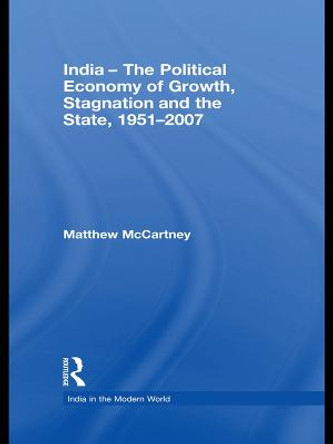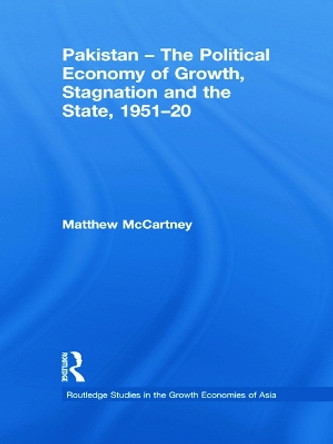Description
The Indian economy has undergone dramatic changes over recent decades encompassing episodes of rapid growth and stagnation. It is a complex economic story that stretches back to the seismic events of 1947. This book charts the development of the Indian economy since independence and partition, and provides a rigorous presentation of India's contemporary political economy.
As well as providing a comprehensive survey of the main features of the Indian economy, the book critically examines key debates surrounding the country's economic trajectory, in particular those that link it to the dominance of particular class interests, and those that argue that India's economic growth has not delivered equivalent welfare gains. Throughout, the book uses revealing case studies of poverty and inequality, of education, health, work and gender issues to outline the human story behind the economic figures and performance indicators. The economic impact of internal geography, regional diversity and discrimination is also assessed. The distinct, and sometimes puzzling, features of India's political economy are explored, including the significance of the service sector, a weakening state, and the democratic failure of public service delivery.
The book offers an authoritative overview of the contemporary Indian economy suitable for students seeking an introduction to this most diverse of economies.
About the Author
Matthew McCartney is Director of the Contemporary South Asian Studies Programme and Associate Professor in the Political Economy and Human Development of India at the University of Oxford. His books include Economic Growth and Development: A Comparative Introduction (2015); Pakistan: The Political Economy of Growth, Stagnation and the State, 1951-2008 (2011); and India: The Political Economy of Growth, Stagnation and the State, 1951-2007 (2009).
Book Information
ISBN 9781788210096
Author Professor Matthew McCartney
Format Paperback
Page Count 288
Imprint Agenda Publishing
Publisher Agenda Publishing








